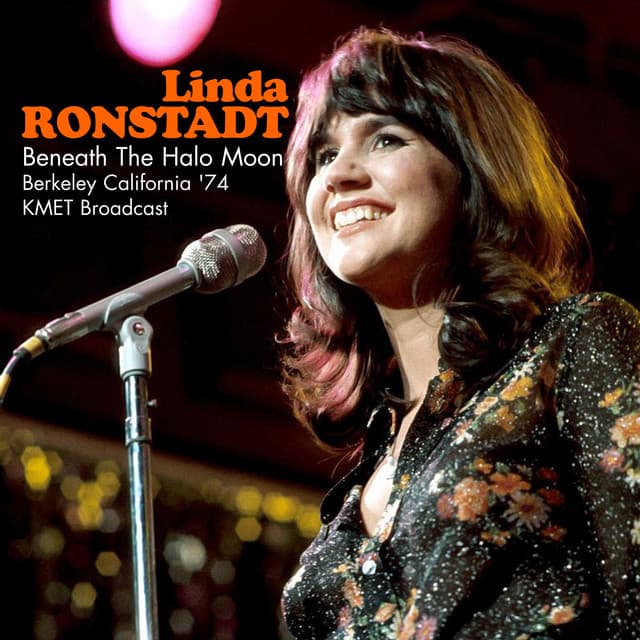
A Heartfelt Plea to a Restless Spirit: When Linda Ronstadt Sang the Ballad of the “Desperado.”
“Desperado,” a song that has become a timeless reflection on the cost of isolation and the yearning for connection, found one of its most iconic and emotionally affecting interpretations in the voice of Linda Ronstadt. Originally written and performed by The Eagles on their 1973 album of the same name, it was Ronstadt’s powerful 1973 rendition, released as a single shortly after The Eagles’ album and featured on her own album “Don’t Cry Now,” that brought a different, equally compelling perspective to the song. While Ronstadt’s version did not achieve significant chart success upon its initial release, it has grown in stature over the years, becoming a beloved and frequently covered classic, deeply appreciated for its poignant message and her heartfelt delivery. The album “Don’t Cry Now” reached number three on the Billboard Top LPs & Tapes chart, showcasing her growing prominence as a solo artist. The song’s meaning is a tender and empathetic address to a “desperado” figure – someone living a life of restless independence and emotional detachment – urging them to let go of their guardedness and embrace the possibility of love and connection before loneliness consumes them entirely. It transforms a specific character study into a universal plea for emotional openness and the acceptance of love.
Imagine a solitary figure silhouetted against a vast, empty landscape, the wind whispering secrets of loneliness, and the sound of Linda Ronstadt’s voice, filled with a gentle urgency and heartfelt empathy as she sings to the “Desperado.” Her ability to convey such profound tenderness and concern is truly captivating. While The Eagles’ original version had a more country-rock feel, Ronstadt’s rendition brought a softer, more introspective quality to the song, emphasizing the vulnerability beneath the “desperado’s” tough exterior. The understated arrangement, often featuring delicate piano and subtle orchestral touches, creates an atmosphere of gentle persuasion and heartfelt yearning, perfectly complementing the song’s poignant message. Ronstadt’s emotionally resonant delivery and the song’s universal theme of overcoming isolation and embracing love have made it a cherished and enduring classic.
The story behind “Desperado” lies in the songwriting genius of The Eagles’ Glenn Frey and Don Henley, who crafted a lyric that drew parallels between the life of an outlaw and the emotional isolation one can build around themselves. The song was a key track on The Eagles’ concept album “Desperado,” which explored themes of freedom, rebellion, and the consequences of a solitary existence. Linda Ronstadt’s decision to record the song brought a different perspective, her interpretation feeling less like an observation and more like a direct, heartfelt plea. Her vocal vulnerability and the tenderness she infused into the lyrics resonated deeply with listeners, highlighting the universal human need for connection and the potential for redemption through love.
For those of us who have ever known someone who keeps their heart guarded, who lives a life of self-imposed isolation, or perhaps even recognized that tendency within ourselves, Linda Ronstadt’s “Desperado” evokes a sense of poignant and empathetic nostalgia. It reminds us of the importance of letting down our defenses and embracing the love and connection that life offers, before the walls we build become too high to scale. Ronstadt’s gentle yet urgent voice and the song’s tender melody offer a moment of shared heartfelt reflection, a comforting acknowledgment of the universal yearning for love and the quiet hope that even the most restless of spirits can find solace in a loving embrace. It remains a beautiful and timeless ballad, a quintessential expression of the plea for emotional openness and the transformative power of love.